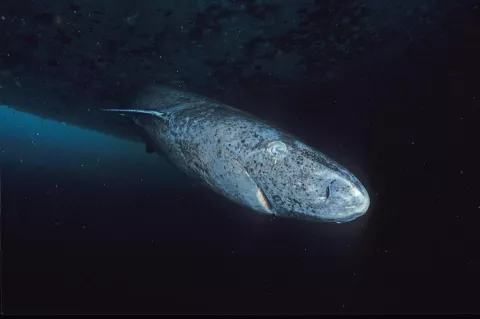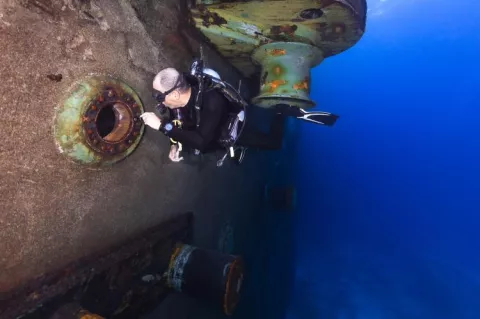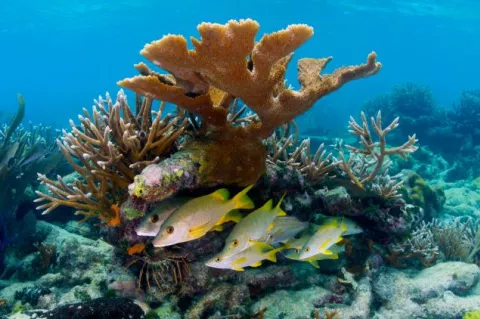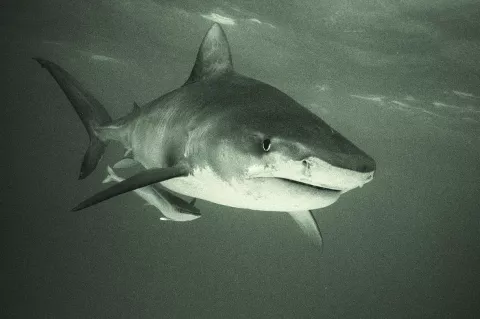Greenland shark shows up in the Caribbean
Devanshi Kasana, a Ph.D. candidate in the Florida International University (FIU) Predator Ecology and Conservation lab, was working with local Belizean fishers to tag tiger sharks when the surprise discovery was made.






